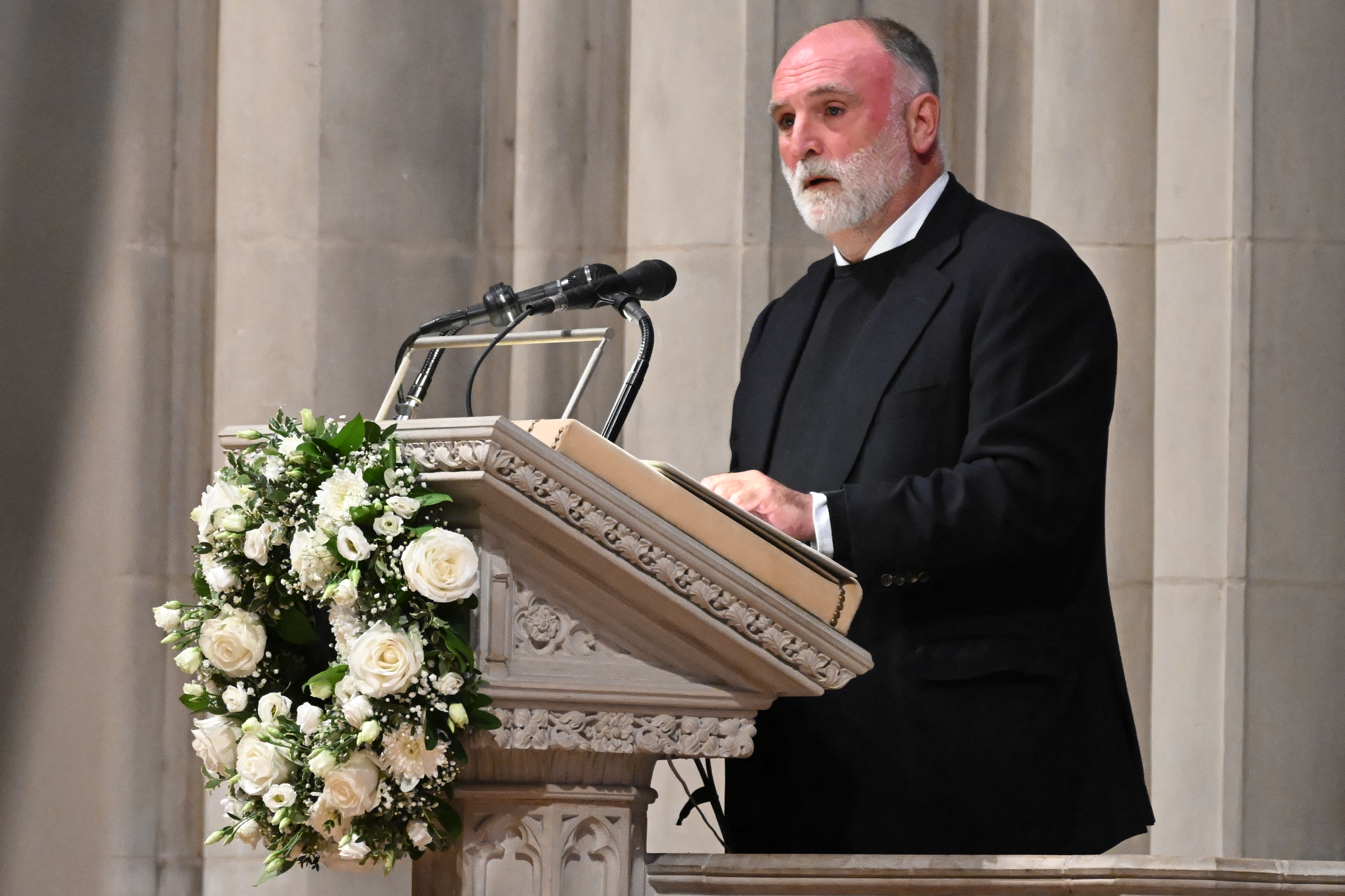The man who killed five people at a Maryland newspaper understood the criminality of his actions at the time of the attack, a forensic psychiatrist who is a witness for prosecutors told a jury Tuesday while rejecting his insanity plea.
As prosecutors neared the end of their case in a trial to determine whether Jarrod Ramos is criminally responsible, Dr. Gregory Saathoff cited written statements Ramos made “relating to his intent to cripple the Capital Gazette as he felt he had been crippled” by a 2011 article the newspaper published about him.
Saathoff said Ramos had a longstanding grievance against the newspaper, meticulously planned for the 2018 attack and hoped to establish a personal legacy through the mass shooting.
“My opinion is that Mr. Ramos is criminally responsible for the events of June 28, 2018,” Saathoff, a University of Virginia professor who also is a psychiatric consultant for the FBI, said.
We're making it easier for you to find stories that matter with our new newsletter — The 4Front. Sign up here and get news that is important for you to your inbox.
Ramos pleaded guilty but not criminally responsible to all 23 counts against him in 2019.
John McNamara, Gerald Fischman, Wendi Winters, Rob Hiaasen and Rebecca Smith died in the attack.
The defense, which went first in presenting its case, has the burden of proof by a preponderance of the evidence. That means defense attorneys are trying to show that it’s more likely than not that Ramos isn’t criminally responsible.
Local
Washington, D.C., Maryland and Virginia local news, events and information
Defense attorneys argue that Ramos suffered from a paranoid delusion in which the newspaper and the courts conspired against his efforts to sue the newspaper after the publication of a 2011 article about him pleading guilty to a misdemeanor harassment charge. His 2012 lawsuit, which alleged that the paper defamed him, was dismissed as groundless. His appeals failed.
Saathoff testified about letters Ramos sent on the day of the shooting that claim credit for the attack and articulate a motive. In one of them, written to Judge Charles Moylan who had rejected his last appeal, Ramos wrote: “welcome Mr. Moylan to your unexpected legacy. YOU should have died.”
“It is written and sent on the day of the incident such that it would not arrive through regular mail for a number of days,” Saathoff said. "The significance of this to me is that it demonstrated an appreciation of the criminality of the conduct in that it was sent at a time that would not have alerted Judge Moylan or anyone else.”
Matthew Connell, one of Ramos' lawyers, noted during cross-examination that the letter from Ramos mentions Moylan's legacy, not his own. Saathoff, however, cited previous statements by Ramos' sister that it was an interest of his that dated back a number of years.
“She indicated that he was very firm about that," Saathoff said.
As part of his report, Saathoff read an evaluation by Dr. Sameer Patel, a state psychiatrist who interviewed Ramos and found him to be legally sane.
Saathoff testified about a trip Ramos made to the newsroom in February 2017, when Ramos went inside for reconnaissance. Saathoff said Patel's report says Ramos decided he should not buy a shotgun for the attack until he had done the reconnaissance, in case he ended up getting arrested for trespassing.
Saathoff said that fact illustrated Ramos' ability to appreciate the criminality of a future event and his ability to conform his conduct to the requirements of the law.
“He made sure that the reconnaissance was done in such a way that, even if discovered, it would not tie back to his ultimate plan, which he had already devised by that point," Saathoff said.
Under cross-examination, Saathoff testified that unlike other psychiatrists in the case, he did not personally interview Ramos. Saathoff requested an interview, but the court did not grant it.
However, Saathoff has testified he interviewed about 30 staff members at the detention center where Ramos has been held.
While mental health professionals who support Ramos' plea of not criminally responsible interviewed Ramos, Saathoff has emphasized that he believes they relied too much on the gunman's testimony in reaching their conclusions about his mental health. Saathoff testified about interviews he had with people at the detention center that contradict details Ramos told mental health professionals retained by his defense.
The trial, which reached its tenth day Tuesday, has largely been a battle between mental health experts.



